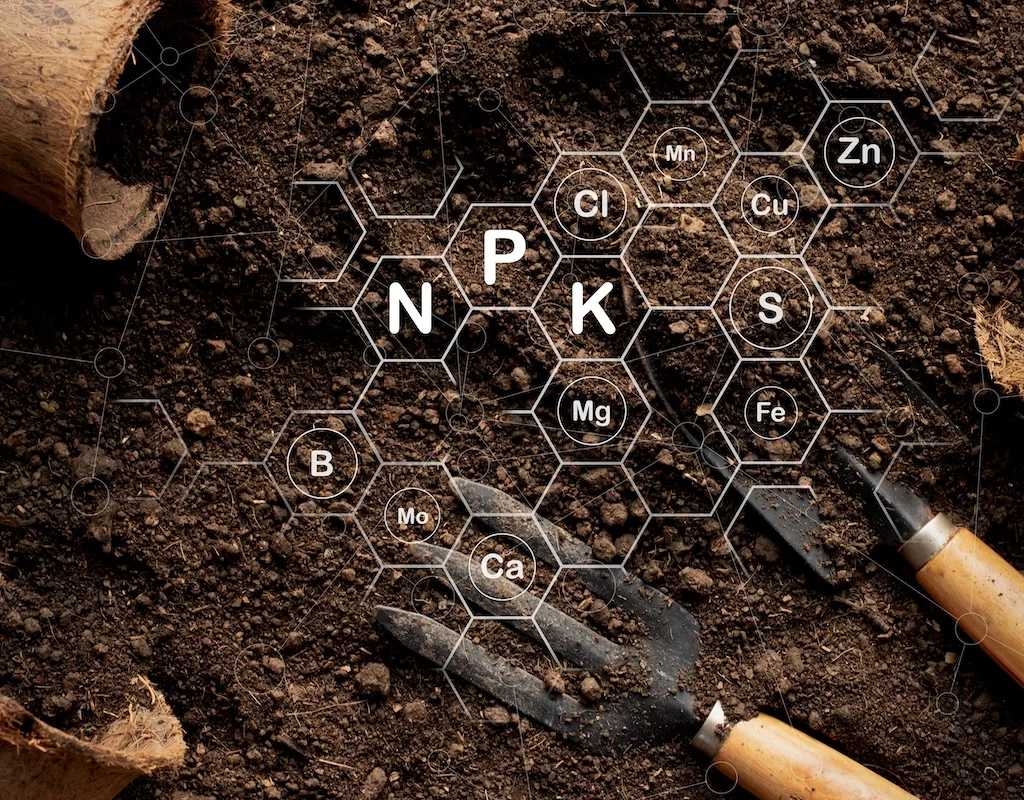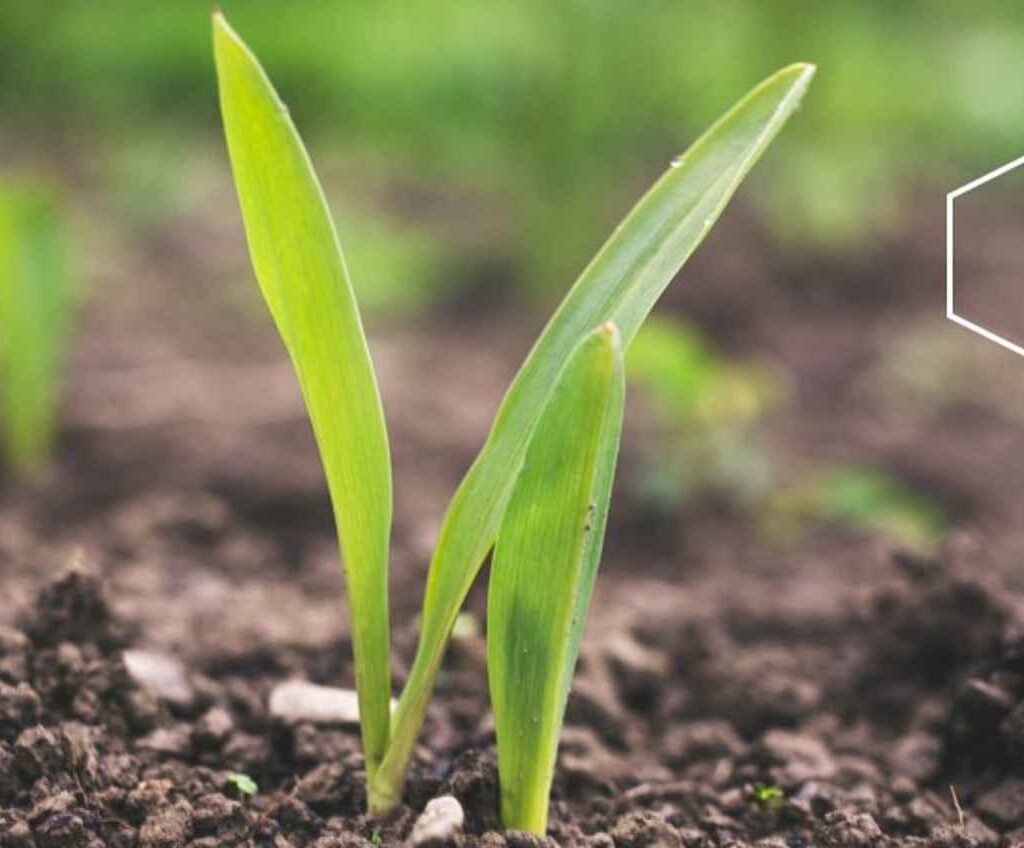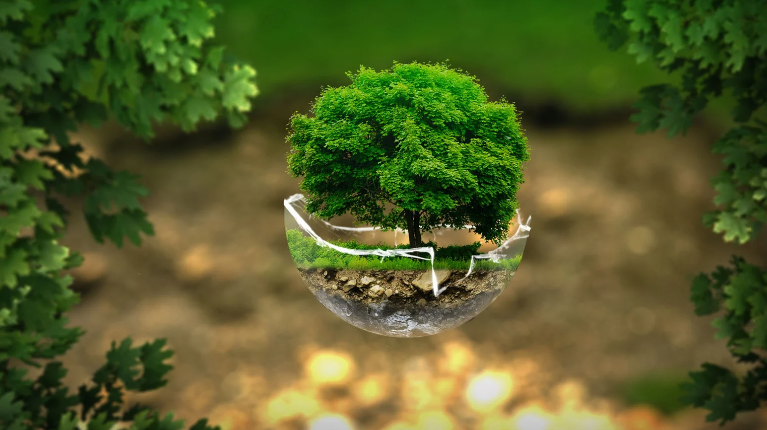The first international congress for the sanitation and nutrient transition ended in Zurich on Sunday, just a few days before the tenth World Toilet Day next weekend (19 November). Scientists and practitioners from seven European countries exchanged experiences and research results on alternatives to the current handling of human waste. In view of the increasing drought in many regions, it is not sustainable to use around a third of our drinking water to transport faeces and urine to sewage treatment plants. In addition, human excrement contains large amounts of nitrogen and phosphorus – substances that are used as fertilisers in agriculture.
The almost 100 congress participants presented a variety of projects. The Swiss National Institute for Water and Wastewater (EAWAG) in Zurich has been researching the separation of urine for almost three decades, which could reduce the size of wastewater treatment plants by two thirds. In the new Saint-Vincent-de Paul neighbourhood in Paris, 600 flats are now being equipped with corresponding pipes. The collected urine is to be used as fertiliser in public green spaces, reported Louise Raguet from the Ecole Nationale des Ponts et Chaussées. In Eberswalde in Germany, a company processes human faeces from dry toilets into hygienic compost. The results of the harvest are currently being scientifically analysed. However, the current legal situation has so far hindered the scaling up of such approaches in many cases.
The motto of the European meeting was “Connect the Networks”. The national associations from Germany/Austria (Network for Sustainable Sanitation Systems – NetSan e.V.), France (Réseau d’Assainissement Ecologique – RAE) and Switzerland (VaLoo – Circular Sanitation Network Switzerland) agreed to work closely together. Ivo Guilherme from RAE expressed his enthusiasm: “The sanitation and nutrient transition movement is still largely under the radar of the public. But that will change, because the problems are growing. The situation is comparable to the renewable energy movement 40 years ago.”
Please contact us if any questions arise:
Judith Maréchal: judithyamarechal@gmail.com, +33 6 84 78 53 60
Michel Riechmann: michel.riechmann@eawag.ch, +41 77 403 81 85
©Connectthenetworks


















